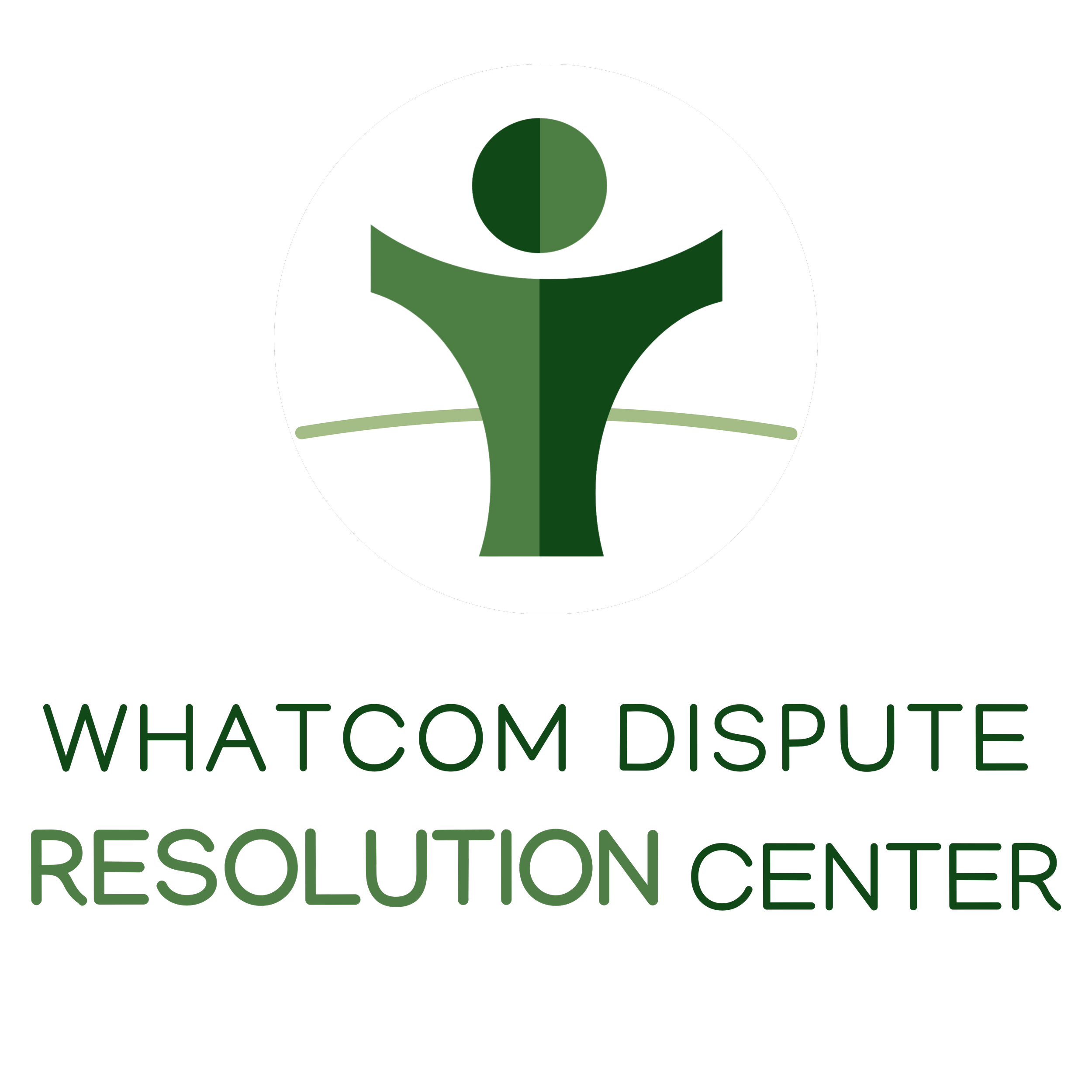Mediator Spotlight: Kaitlin Davis
We asked long time mediator, Kaitlin Davis, to share a little bit about her work here at the WDRC and this is what she had to say:
What inspired you to become a mediator?
As a Human Services major at Western, I took courses in Domestic Violence, Conflict Resolution, and Law in Human Services during the same quarter. My brother was also deployed to Iraq at the time. I was really confronted with the reality of how destructive we could be in relationships with one another, and how we needed better options than what the legal system could offer. I did not set out to be a mediator immediately, but after that quarter, I knew that I wanted to support individuals and families to resolve conflicts in non-violent ways. I knew that we needed systems that supported a more healthy balance of power. And, I knew that I had a unique skill set in terms of communication, understanding systems, and understanding multiple perspectives. When I was hired as the AmeriCorps Youth Program Coordinator at the WDRC in 2007, I felt like I finally had a real opportunity to transform how we experience conflict in our community. I was trained as a community mediator first, then family mediator, parent-teen mediator, and victim-offender meeting facilitator. I also got to facilitate a lot of skills training at the WDRC, and I’d say that I’m equally passionate about skills training and mediation.
What energizes you about the work of mediation and your service at the WDRC?
I love how broadly applicable mediation skills are! Creating ground rules, structuring conversations, setting agendas, taking turns speaking and listening, brainstorming multiple solutions to problems – these are core life skills, and I apply them every single day. I love mediating at the WDRC because each case presents something new and interesting. I’m so inspired by clients who have chosen to try to work out their disagreements rather than avoiding or just trying to win at the expense of others. I’m proud of my service to the WDRC, and I feel really fortunate to have been a part of blazing a trail for creative conflict resolution in Whatcom County.
If you could share any conflict resolution or communication advice, what would it be?
First, learn to say what you truly think and feel, rather than trying to read what the other person might want to hear. I think we can really get in trouble if we are trying to be too agreeable and not allowing our authentic selves to be seen and heard. Second, be flexible. Many times, the best solution is very different from your initial idea; try not to get so hung up on being right that you aren’t able to generate or listen to new ideas.
Thanks for sharing Kaitlin and thank you for all the work you do toward advancing the mission at the WDRC!

